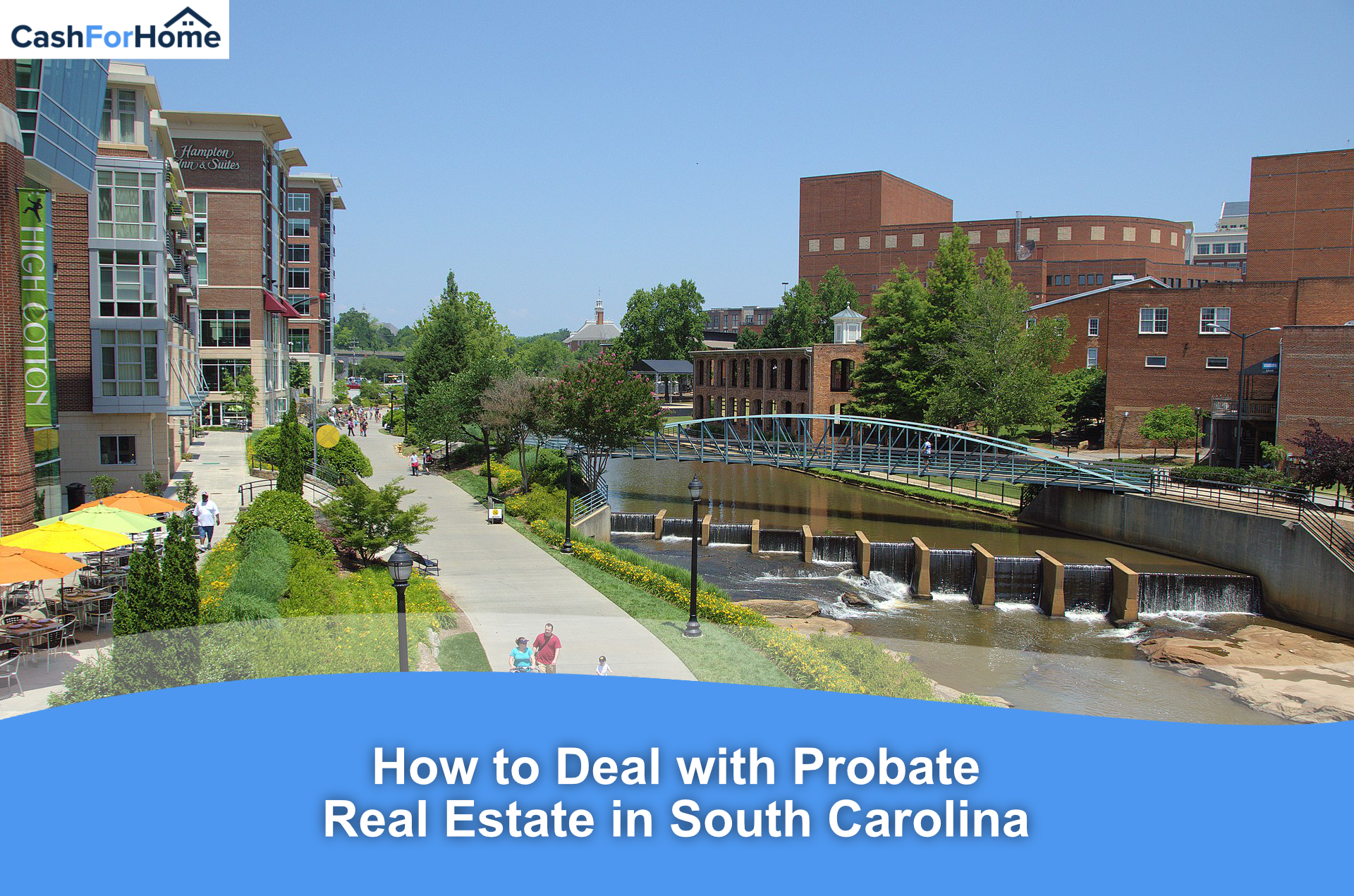
The loss of a family member causes a great deal of pain, and the emotional adjustment can be overwhelming. Yet, it is also necessary that the surviving relatives start the succession process. In South Carolina, this may include the legal requirement of probate. Probate is the legal process of executing a person’s last wishes.
Probate regulations differ by region and are subject to local laws and procedures. This article explains Probate Real Estate in South Carolina, covering executors and relatives seeking guidance on the probate process.
The sale of a probate property can happen through the same methods as that of ordinary homes. Here are several options for selling an estate under probate:
Real estate agents specializing in probate properties help speed up the sale process. These agents have experience listing probate homes and determining the appropriate asking price. They also know who to market the houses to, so you can expect to receive competitive offers.
These investors often buy and renovate properties for resale or leasing out. An interested investor can obtain a mortgage, take out a bank loan, or pay in cash.
A real estate investor and a cash house buyer are quite similar. However, cash home buyers are better because they can make a quick cash offer for the probate property.
Selling property through a probate is more complicated than selling ordinary property. This is due to the court’s involvement in the approval procedure, characterized by postponements. As a result, the probate sale process might last several months or even years.
If the deceased had creditors, the proceeds from the sales might not go to the family exactly as planned. The heirs must first pay off the debts, outstanding fees, and associated probate costs.
The court also determines the type of probate before the transactions begin. Probates are either formal or informal, depending on the court’s level of involvement.
Filing a petition with a probate court is the first step in the probate procedure. A copy of the death certificate and will, if there is one, are some of the documents needed to go with the petition.
The court will then designate an executor in charge of the estate. The executor also handles tax and debt payments and distributes assets to beneficiaries.
The executor’s first task is to identify and take charge of all the decedent’s assets.
The next step is to repay any unpaid debts and taxes the deceased owes. Other expenses include funeral costs, medical bills, and credit card debt.
The beneficiaries then receive the remaining assets under the will’s provisions. Without a will, South Carolina’s intestacy laws will guide the distribution.
South Carolina has unique probate laws that differ from those of other states. One such example is the “year’s support” law. This law permits a spouse or minor children to claim sufficient amounts to cover their year-round living expenses from the estate.
There are various advantages to selling a house for cash during probate.
It is, however, crucial that you deal with a trustworthy cash buyer.
Preparing important documents, signing paperwork, and allocating assets fairly are all part of probate. There may be a lot to keep track of, but here are some resources that will help make this process feel less overwhelming:
Yes, and there are several options for avoiding probate in South Carolina:
How Long Can a Probate Take in South Carolina?
Probate expenses differ but usually include court charges, legal fees, and administrative expenditures. The valuation of the estate determines some expenses.
It’s quite a challenging process to sell a property going through probate. You will need the counsel of a lawyer if you have a complex estate or anticipate asset disputes. There are also agents with specific expertise that may assist you in the sale process.